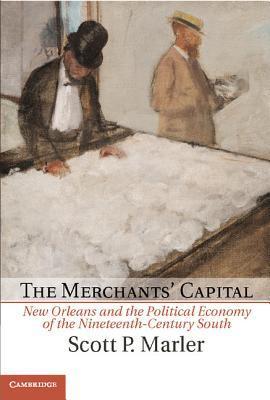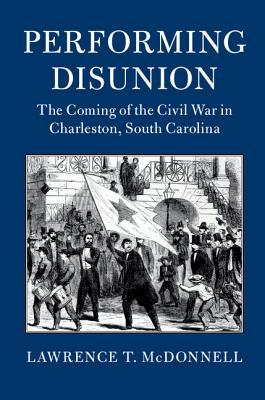
The Merchants' Capital
New Orleans and the Political Economy of the Nineteenth-Century South
2013
First Published
4.00
Average Rating
335
Number of Pages
Part of Series
As cotton production shifted toward the southwestern states during the first half of the nineteenth century, New Orleans became increasingly important to the South's plantation economy. Handling the city's wide-ranging commerce was a globally oriented business community that represented a qualitatively unique form of wealth accumulation – merchant capital – that was based on the extraction of profit from exchange processes. However, like the slave-based mode of production with which they were allied, New Orleans merchants faced growing pressures during the antebellum era. Their complacent failure to improve the port's infrastructure or invest in manufacturing left them vulnerable to competition from the fast-developing industrial economy of the North, weaknesses that were fatally exposed during the Civil War and Reconstruction. Changes to regional and national economic structures after the Union victory prevented New Orleans from recovering its commercial dominance, and the former first-rank American city quickly devolved into a notorious site of political corruption and endemic poverty.
Avg Rating
4.00
Number of Ratings
3
5 STARS
33%
4 STARS
33%
3 STARS
33%
2 STARS
0%
1 STARS
0%
goodreads

